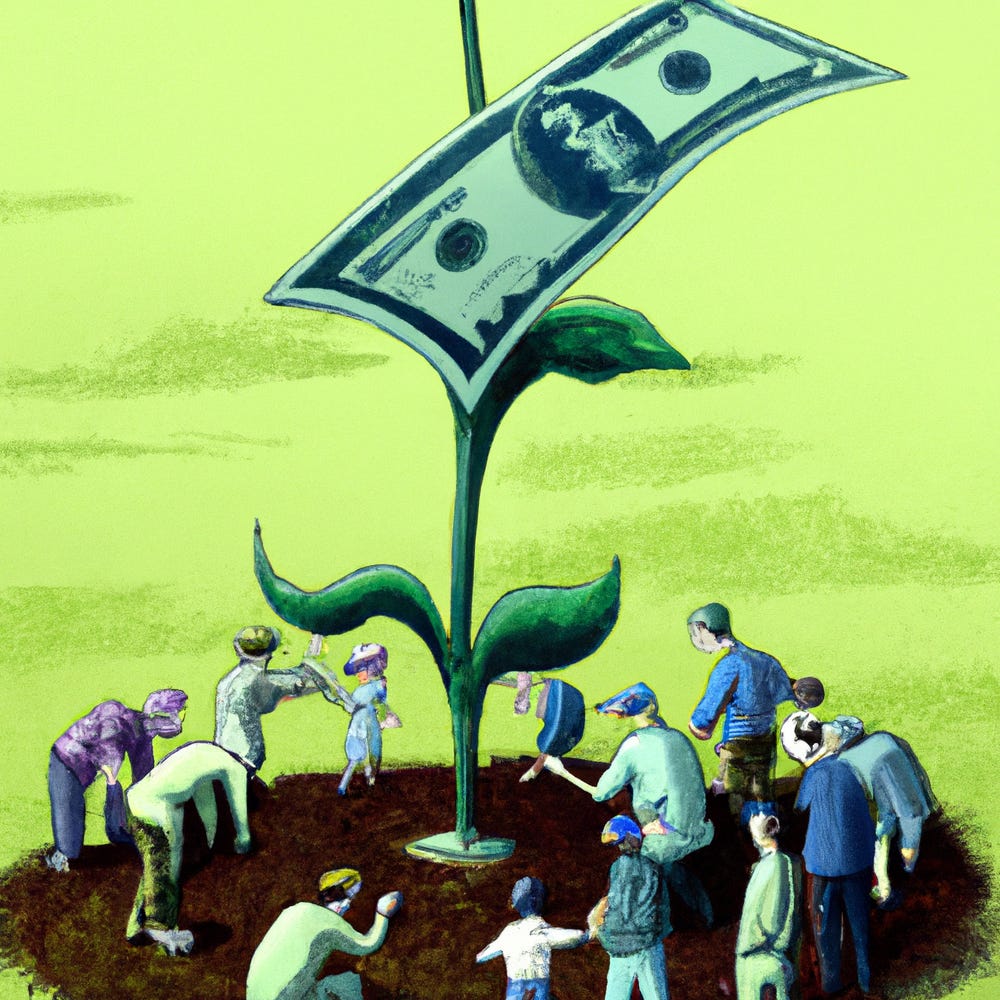The Pitfalls of Hyper-Growth: How Companies Can Do More with Less
Exploring the Challenges of Fast-Growing Businesses and the Importance of Prioritization
Over the past several months, there has been a lot of news about layoffs in the technology industry, affecting people from all walks of life, regardless of tenure or seniority. As someone who has worked in this industry, my thoughts go out to those who are in stressful situations due to financial issues or immigration visa statuses. It's important to acknowledge the difficulties that people are facing, but it's also essential to examine the root causes of these problems.
For those of us who have worked for so-called "hyper-growth" companies, the recent events should come as no surprise. We've seen this trend coming for a long time. While it's difficult to understand all of the macroeconomic factors that influence how companies grow, shrink, or pivot, one thing is clear: the true startup mentality is different from the hyper-growth one. The former is characterized by the ability to do more with less.
As businesses grow, they often rely on flawed indicators of success that do not necessarily correlate with sustainability. One of the most common measures of success is headcount growth. Unfortunately, hiring lots of new employees can create inefficiencies, harm company culture, and reduce productivity. When hiring becomes the only tool to get the job done, it can detract from the most important things, like focusing on priorities and managing the company's lifecycle.
This situation is not easy to escape, as there are few actors in the system who have an incentive to stop it. On the contrary, not playing by these rules can make your team or yourself look bad, and in some cases, affect your career progression and your team's perception. This highlights the importance of prioritization in the context of hyper-growth. By focusing on what's important and managing the company's lifecycle effectively, businesses can achieve sustainable growth without sacrificing their culture or productivity.
The best way to avoid that situation is to avoid it from the get go. Just a few days ago I read this refreshing take on how to run a business and innovate by the Teenage Engineering CEO:
It remains to be seen whether the “market” is ready for that fresher mindset, though:
In conclusion, the recent layoffs in the technology industry should be a wake-up call for businesses that prioritize hyper-growth over sustainability. It's time to re-evaluate the flawed indicators of success that have become so commonplace and instead focus on doing more with less. By prioritizing what's important and managing the company's lifecycle effectively, businesses can achieve sustainable growth without sacrificing their culture or productivity.
Also, my thoughts with all my former Spotify colleagues. If you are looking for a list of very talented professionals, please have a look at this list.






